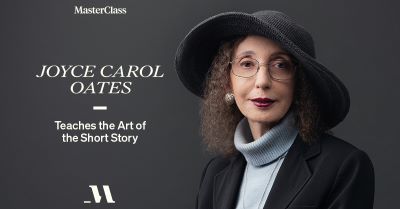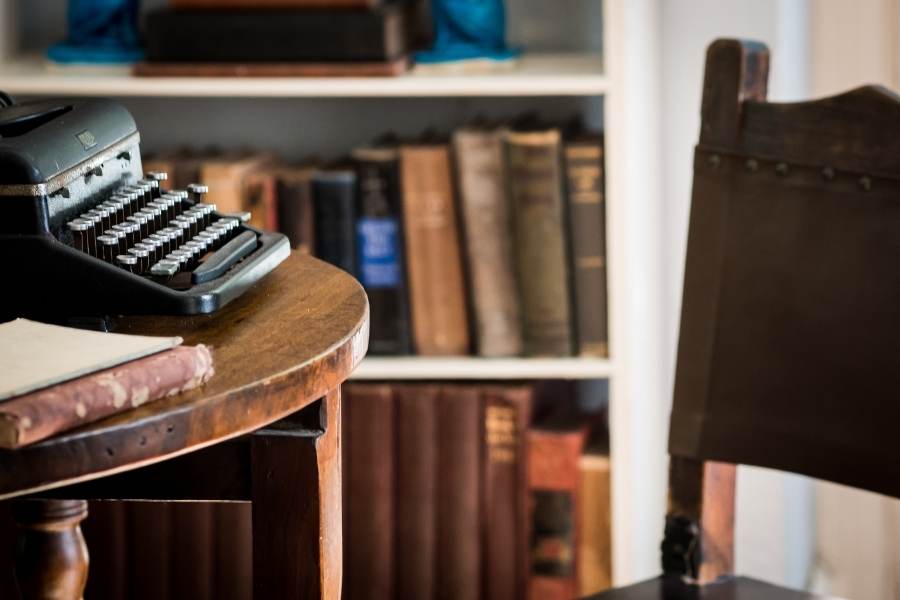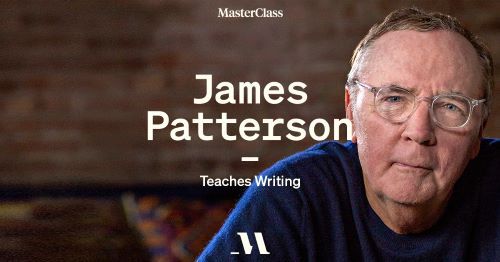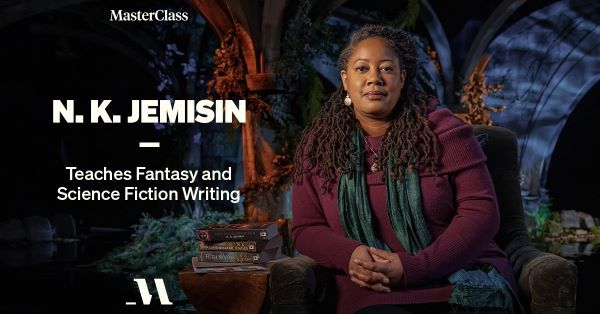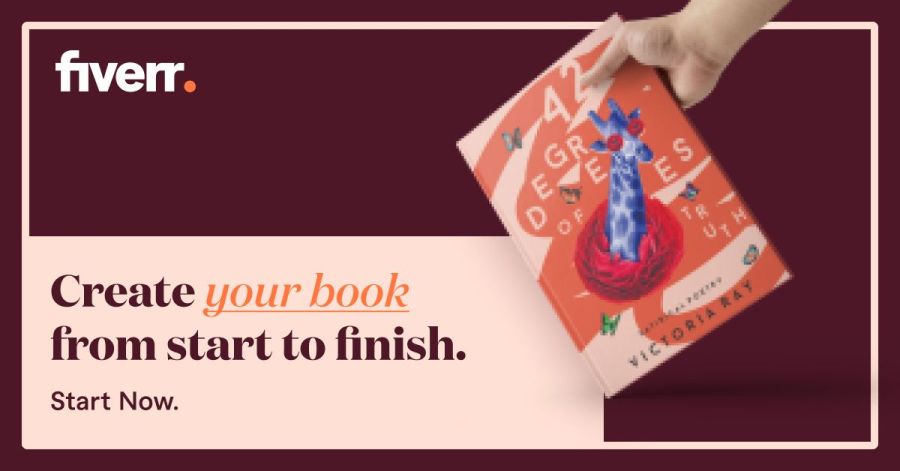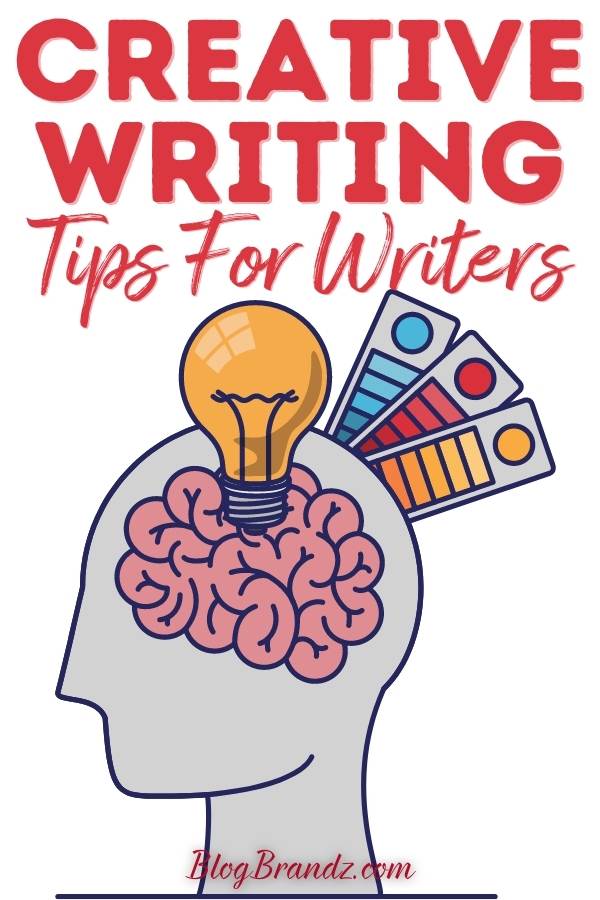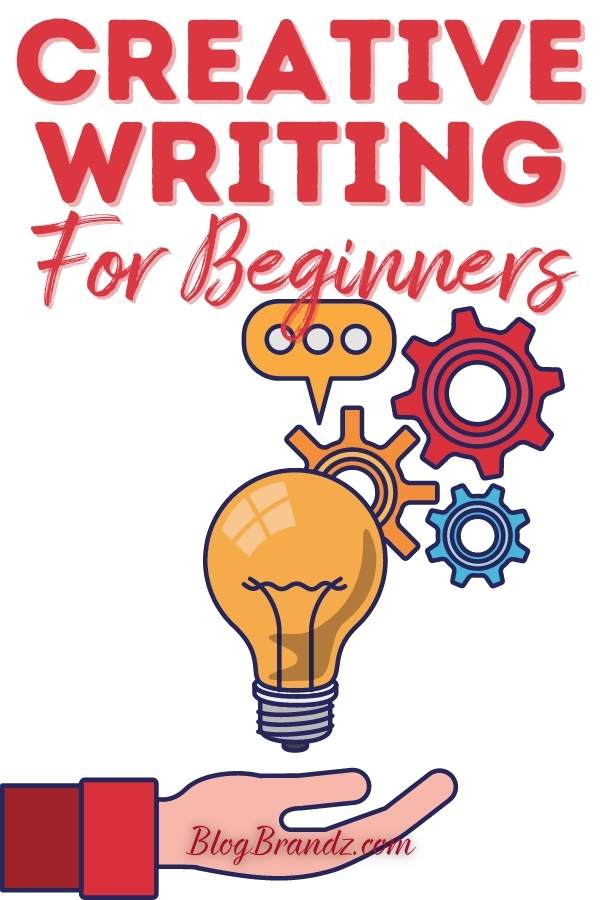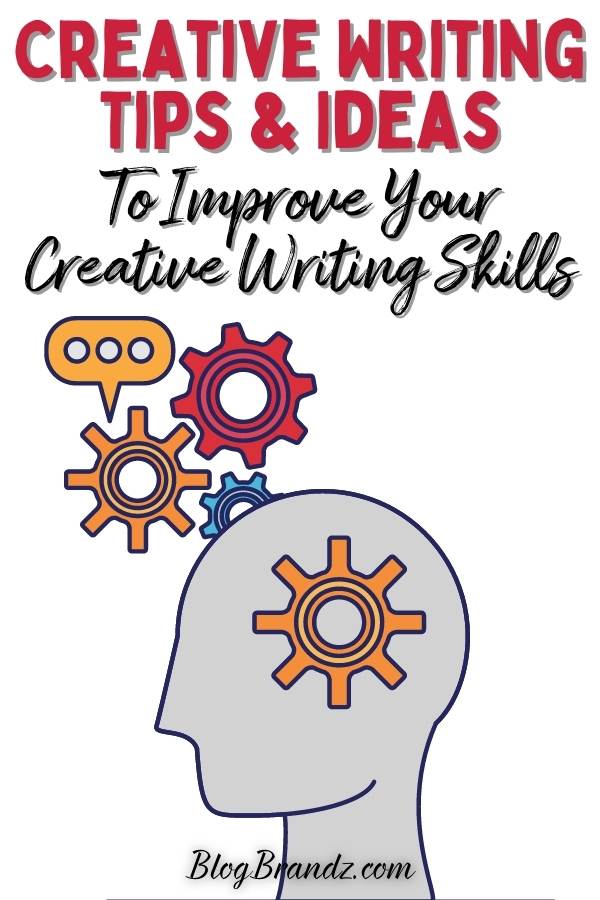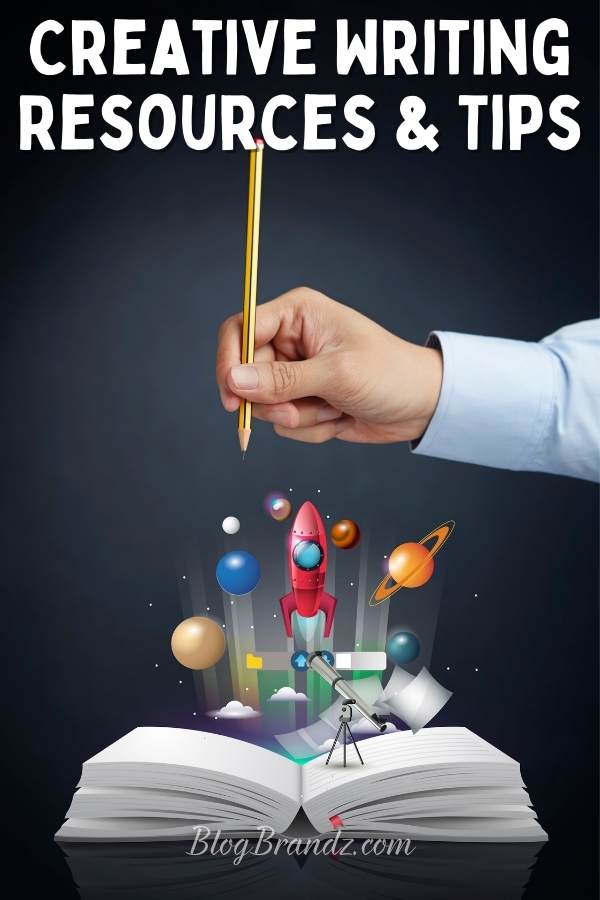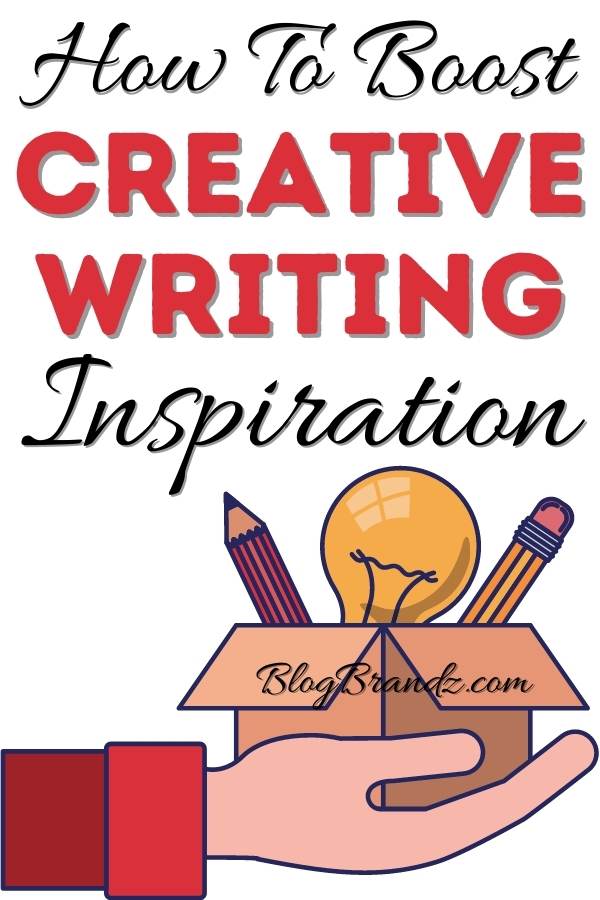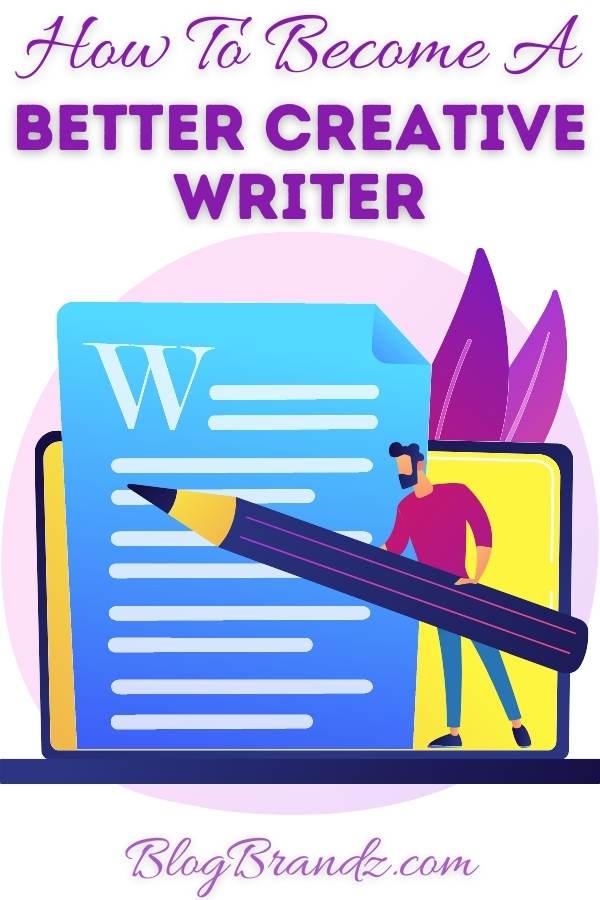
Want to learn creative writing skills? These creative writing resources will help you learn how to make your writing creative and make you a better writer.
Contents
What is creative writing?
Wikipedia defines creative writing as “Any writing that goes outside the bounds of normal professional, journalistic, academic, or technical forms of literature, typically identified by an emphasis on narrative craft, character development, and the use of literary tropes or with various traditions of poetry and poetics.”
But, I think creative writing has more to do with creativity than writing. It is an artistic expression, like painting or composing music. True creative writing is the ability to tap into your inner creativity, and this is possible for just about anyone.
“Creative writing has more to do with creativity than writing.”
As with most artistic expression, creative writing is usually done just for the sake of doing it. You don’t need a reason to create something or an explanation for why you feel the need to write.
Creative writing requires the ability to think freely. It comes from the heart. It can be learned. It can be new. It can be inspired by what has already been written. It can be whatever you choose.
“Create. Not for the money. Not for the fame. Not for the recognition. But for the pure joy of creating something and sharing it.” ~ Ernest Barbaric
The creative approach treats all writing as a creative act that requires time, positive feedback, and inspiration to be done well. There are many ways you can turn your creativity towards writing.
We can never give justice to creative writing if we treat it as a job or see it from a business mind’s perspective alone. Without passion, one will never be good enough to experience the joy of writing creatively.
Creative writing is not only an art, it is a devotion, a passion, an instinct. It is the guiding voice that will show you your unique path – a voice that will help you realize that writing has no boundaries.
You may learn techniques to hone your writing talent, but at the end of the day, it’s what you put of yourself into your writing that makes it mean something to your readers. As Hemingway once said, “There is nothing to writing. All you do is sit down at a typewriter and bleed.”
“There is nothing to writing. All you do is sit down at a typewriter and bleed.” ~ Ernest Hemingway
Can creative writing be learned?
Today, there is a great demand for good creative writers. For most professional writers, creative writing is an innate skill and some types of writing may come easier to you than others.
But, even if you have a natural talent for creative writing, that talent needs to be developed and you must hone your craft to realize your fullest potential.
Learning how to write creatively begins on the inside and requires a certain amount of experience, opinion, and innate sensitivity. So where can you learn creative writing?
Where to study creative writing?
Creative writing courses are extremely popular and widely available today. From online creative writing Masterclasses that you can complete at your own pace, to creative writing workshops that require several weekly sessions to complete.
There are creative writing classes for everyone from the beginner to the seasoned writer looking to polish their skills. In a creative writing course, you’ll learn many things such as:
- Pre-writing techniques for brainstorming and exploring creative ideas
- Dealing with and overcoming writer’s block
- Learning how to structure a creative work
- Overcoming the fear of criticism or people judging your work
- Editing your completed work
- Getting your work published
Some writers may argue that true creative writing cannot be taught. But everyone has skills that can be mined and honed, and some techniques can turn almost anyone into at least a fair writer and be unafraid to unleash their creativity.
Many hopeful or shy writers prefer the relative anonymity of learning creative writing through free online creative writing courses, especially if they are not ready for the public arena.
Whether you want to become an author, take a stab at freelance writing, or translate your creative writing skills into other professional arenas, such as marketing, public relations, advertising, or editing, you can monetize your creative writing skills in many ways.
If your writing ambition is to learn creative writing as a hobby, you can start a blog to build a writer’s platform to showcase your writing skills and build a community of readers who enjoy your stories and essays.
How to become a successful creative writer
Just having writing skills is not enough to succeed in creative writing. Successful writers often use several techniques to enhance their creativity. If you want to improve your creative writing abilities, these techniques will help spark your writing creativity.
#1. Meditate
Meditation is a technique that helps you enter a quiet state of being where you can calm down your thinking enough to receive inspiration from higher intelligence or hear it more clearly.
Richard Bach, the author of the phenomenal bestselling book, Jonathan Livingston Seagull, used creativity-boosting guided meditations, like the Silva Centering Meditation, to get the inspiration and ideas to complete his book.
You’ll learn to access the Alpha level of mind for creative problem-solving and healing, the Theta level for waking psychic and intuitive ability, and the Delta level to receive guidance while your conscious mind sleeps when you learn and practice the Silva Ultramind ESP System.
Meditation helps us distract our minds from the noise interfering with our ability to hear the inspiration. Once you have calmed your mental chatter, your brain can deliver the answer unimpeded.
#2. Visualize your goal
Law of Attraction teachers have shown us how everything was once thought before it became real and that imagination and the art of creative visualization can help us create our own reality.
The source of ideas for your creative writing can come to you in many ways such as stories that you read, dreams, childhood memories, and intuition. Visualization and positive expectation are powerful tools in helping us find the inspiration and ideas to start writing creatively.
As Abraham Hicks says, “You are more productive by doing fifteen minutes of visualization than from sixteen hours of hard labor.”
“You are more productive by doing fifteen minutes of visualization than from sixteen hours of hard labor.” ~ Abraham Hicks
#3. Harness the power of your dreams
Dreams have tremendous power and subconscious memory is the source of most dreams. Many writers, including yours truly, find their source of inspiration in dreams.
As a natural lucid dreamer, I’ve found Lucid Dreaming to be a powerful tool to spark creativity and gain clarity and answers. I received several ideas for my short stories, such as The Nursery and Ganymede, in lucid dreams.
American writer, Joyce Carol Oates’ novel, Bellefleur, was inspired by her dream of a walled garden which haunted her for years until she felt compelled to write about it.
It helps to keep a dream journal and jot down the feelings that came to you in your dreams as much as the events that unfolded in them. Your dream journal can serve as a source of inspiration and interesting ideas for your creative works.
#4. Don’t let your ideas evaporate
Buy yourself a journal, write down your ideas whenever you get them, or just use it as a daily journal to dump your thoughts in. If an idea suddenly occurs to you and seems perfect for a future story, write it down.
If you’re walking down the street and suddenly think of a good dialogue for your characters, record it on your Smartphone. With time, you’ll become a practiced hand at journaling and find your journal notes a rich source of inspiration and ideas.
Don’t let any source of inspiration evaporate, because the human mind is tricky, and it might be impossible to recall exactly what occurred to you three minutes ago.
Good story ideas are a dime a dozen, but great ideas are few and far between, and who knows if what you’ve written down will one day become one of the latter?
You can also use these creative writing AI story writer and AI poem generator tools to overcome writer’s block. Just enter a short writing prompt for your story or poem and the tool will start writing the next few paragraphs
If you’re looking for fun creative writing activities and exercises to spark your creative process, do the morning pages – a creative writing exercise inspired by Julia Cameron’s book, The Artist’s Way.
#5. Don’t stop reading
As Stephen King said, “If you want to be a writer, you must do two things above all others: read a lot and write a lot.” It’s not possible to become a writer, much less a creative writer, without being a reader first.
“If you want to be a writer, you must do two things above all others: read a lot and write a lot.” ~ Stephen King
Discovering your love for writing shouldn’t stop you from devouring more books, rather it can encourage you to diversify your taste. To become a good creative writer, you must broaden your horizons.
Don’t limit yourself to reading one genre because this will only provide you with limited knowledge. If you want to improve your writing skills, read everything you can get your hands on.
#6. Don’t stop learning
Stephen King, Danielle Steele, Dan Brown, J.K. Rowling, and many other famous authors and successful writers would be the first to admit that they’re not perfect writers and will never be.
“Sometimes the ideas just come to me. Other times I have to sweat and almost bleed to make ideas come. It’s a mysterious process, but I hope I never find out exactly how it works. I like a mystery, as you may have noticed.” ~ J.K. Rowling
No one can be perfect, and if you allow your knowledge and writing to stagnate, readers will soon get bored with your work. So, before you start learning creative writing, you must admit that your writing is imperfect.
So, overcome your ego and learn not to take criticism personally to be a successful creative writer.
#7. Research your topic
You’ve heard countless people tell you that to be a successful writer, you need to write about what you know, and that’s true. But more importantly – write about something you love or hate, as long as it arouses passion in your heart and sets your pen aflame!
If you find something that interests you but you don’t know much about it, research it as much as possible. British-Canadian novelist, Arthur Hailey spent about three years researching each of his books. First, he would dedicate a year to research, then six months to review his notes, and finally 18 months to write.
His research was painstaking – he read 27 books about the hotel industry for Hotel, spent months at a Detroit car plant for Wheels, and spent time – at the age of 67 – with rebel guerillas in the jungles of Peru for The Evening News.
Today, with the internet and search engines at your fingertips, it’s so much easier to find information about anything you need today. So research, research, and research, until you can safely say you’re writing about something you intimately know and love.
#8. Build your vocabulary
Yes, Ernest Hemingway became famous for using poignantly – and sometimes brutally – simple words to narrate the events in his stories. But he earned his writing chops as a war journalist who had to send in his copy by telegraph, hence the need for brevity.
As a professional writer, building your vocabulary can’t hurt, because words are the tools of your trade, and the more words you know, the more tools you can access when you need them.
Improving your vocabulary can help you develop a story idea or find an effective way of setting the tone or mood for a particular chapter.
More importantly, building your vocabulary will reduce the times when you just can’t find the right word to describe something the right way.
#9. Take a creative writing course
When you take a creative writing course by famous and bestselling authors, you’ll learn about more than their writing process.
You’ll also learn about the challenges they faced (and that you may face) in your writing career, how they overcame them, what attitude or skills helped them succeed, and many more things that you will never learn from someone not as successful.
In addition to these Creative writing Masterclasses, you can also read books on creative writing by famous writers and authors.
Stephen King’s book, On Writing: A Memoir of the Craft, is a critically lauded, million-copy bestseller that shares the experiences, habits, and convictions that shaped him and his work.
You can also work with a book writing coach to learn better and faster ways to write, experiment with words and writing styles, and learn from their experiences. A book consultant can also help you get your work published and may even give you access to their network of publishers and agents.
#10. Join a writer’s community
In 1816, Mary Shelley began composing her novel, Frankenstein, after visiting the home of the English poet, Lord Byron, with her husband, the English poet, Percy Bysshe Shelley.
Lord Byron proposed that they should each write a ghost story and Mary Shelley was inspired to write her novel after their discussion on the work of Charles Darwin and the reanimation of corpses.
When you join a writer’s community where you can brainstorm with other writers, you can share ideas, talk about your script, and discuss details, such as your writing style, setting, plot, or characters.
It can strengthen your motivation and desire to be a writer and give you the support you need to get started. You can opt for book coaching and mentoring from an expert book consultant, and get one-on-one writing feedback, guidance, and help to write your book and get it published.
A writing community offers a place to meet other writers and share your writing. Here’s wishing you the best of success as a creative writer!
Creative writing tips & tools
- Learn how to write a book with free creative writing classes
- Best creative writing Masterclasses by Masterclass authors
- Best creative writing AI story writer & AI poem generator tools
- How to learn lucid dreaming for creativity & personal growth
- The art of creative thinking: How to enhance creativity
- 11 pre-writing exercises for writers and authors
- Learn how to boost your creativity with meditation
- 7 tips for overcoming and dealing with writer’s block
- 10 emotional self-care practices for writers & creatives
- 7 habits of the most successful writers & famous authors
- 35 best author writing style examples for writing inspiration
- Get book coaching from a book writing coach
- How to write a book with no experience
- 18 types of writing skills and how to learn them
- How to learn writing skills in English
- Online writing software and apps to write a book fast
- 10 steps to write and publish a low-content book
© 2022 – 2024, Priya Florence Shah. All rights reserved.
Priya Florence Shah is a bestselling author and an award-winning blogger. Check out her book on emotional self-care for women. Priya writes short stories and poetry and chills with her two-legged and four-legged kids in her spare time.
Discover more from Business & Branding Tips
Subscribe to get the latest posts sent to your email.

